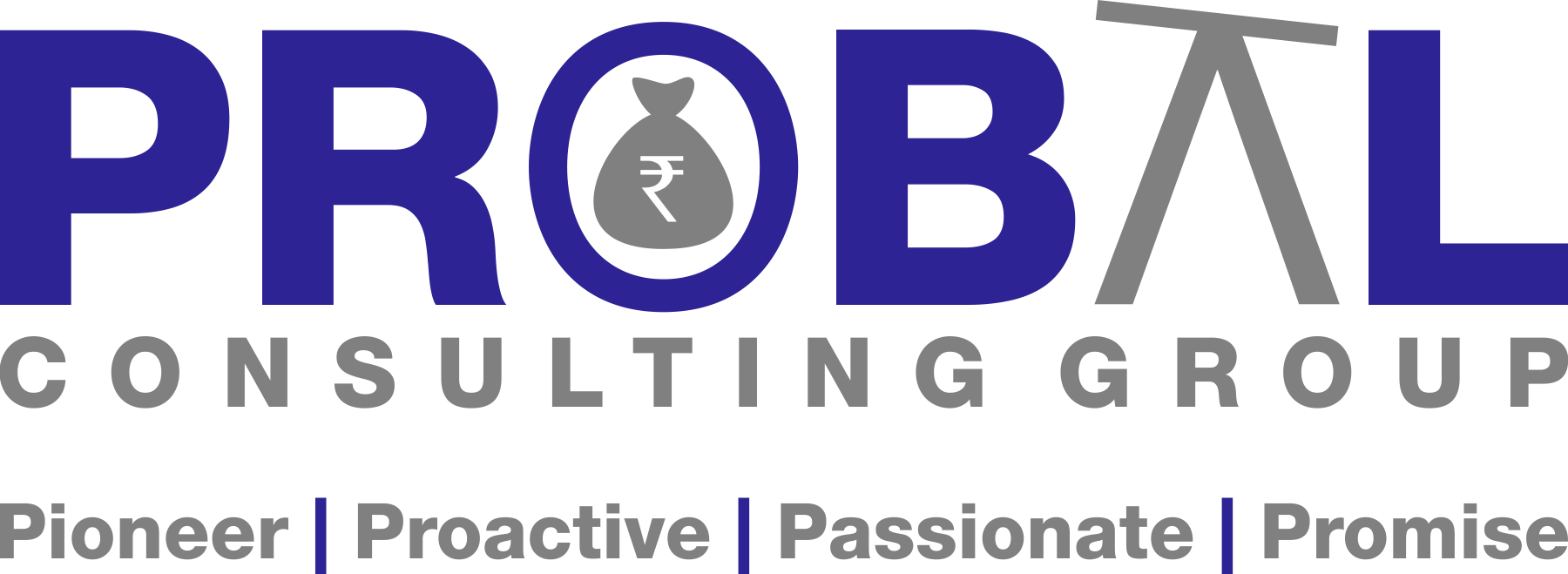Propel your business with Probal Consulting Group.


WHY PF REGISTRATION?
For every business with more than 20 employees, it is mandatory to have a Provident Fund registration. Every employee is eligible for registration under EPF at the time of joining itself. The law mandates that an employee who draws monthly salary below INR 15,000 must be registered under EPFO (Employee Provident Fund Organization). Employee drawing more than 15,000 per month can also participate in this scheme with the prior consent of the employer. The government devised this scheme under Employees Provident Funds and Miscellaneous Provisions Act, 1952 to secure the future of employees, especially working in the Private Sector.
CONTRIBUTION OF FIRM IN PE REGISTRATION?
Under this scheme, every employee must contribute 12% of their monthly salary, and his/her employee will contribute the same amount. As per the law, if the number of employees is less than 20, the contribution should be 10% for employer and employee. The amount of contribution is calculated on the basic salary of the employee. Specific interest will be given on the amount deposited under the EPF scheme. This rate of interest will be subjected to change as per the government’s law.
WHERE DOES CONTRIBUTION GOES AFTER RETIREMENT?
The government implemented the scheme of Employee’s Pension Scheme to ensure the financial independence of a person after retirement.
When an employee leaves the job, all the funds, except the contribution made towards the Employee’s Pension Scheme can be withdrawn by him/her. The contribution made towards the EPS (Employee’s Pension Scheme) can be availed only after the retirement barring some exceptional circumstances.
PF contribution breakup
The total contribution of Employee that is 12% of his basic pay will be diverted to EPF(Employee’s Provident Fund). On the other hand, the contribution of an employer towards the scheme is distributed as follows.
Employees Pension Scheme
8.33% of the contribution is diverted towards Employees Pension Scheme
Employees Provident Fund
3.67% of the contribution is diverted towards Employees Provident Fund
EPF Administration Charges
1.1% of the contribution is diverted towards EPF Administration Charges
Employees Deposit Linked Insurance
0.5% of the contribution is diverted towards Employees Deposit Linked Insurance
EDLI Administration Charges
0.01% of the contribution is diverted towards EDLI Administration Charges
Required Documents
► Banking details of the employer
► Details of the average monthly strength of the employees
► Details of salary and all the balance sheets form the day if incorporation
► Employees details
► GST certificate(if applicable).
► Salary and PF Statement.
► Canceled cheque.
► The first bill of raw material purchased for the business
NOTE: Apart from these documents, some other documents might be necessary depending on the type of organization.


A GOOD START IS THE WORK HALF DONE !!!
Related Services


Private limited companies need to comply with a lot of financial laws and regulations. It’s vital to manage all these compliances efficiently for the smooth functioning of the business.


Employee State Insurance is a scheme implemented to provide medical assistance or other help to an employee or his/her dependents in case of any unfortunate incident.


Every firm, no matter how big or small must maintain their accounts regularly to scale higher in the business. Improper maintenance of accounts can lead to a financial disaster, resulting in severe consequences.



